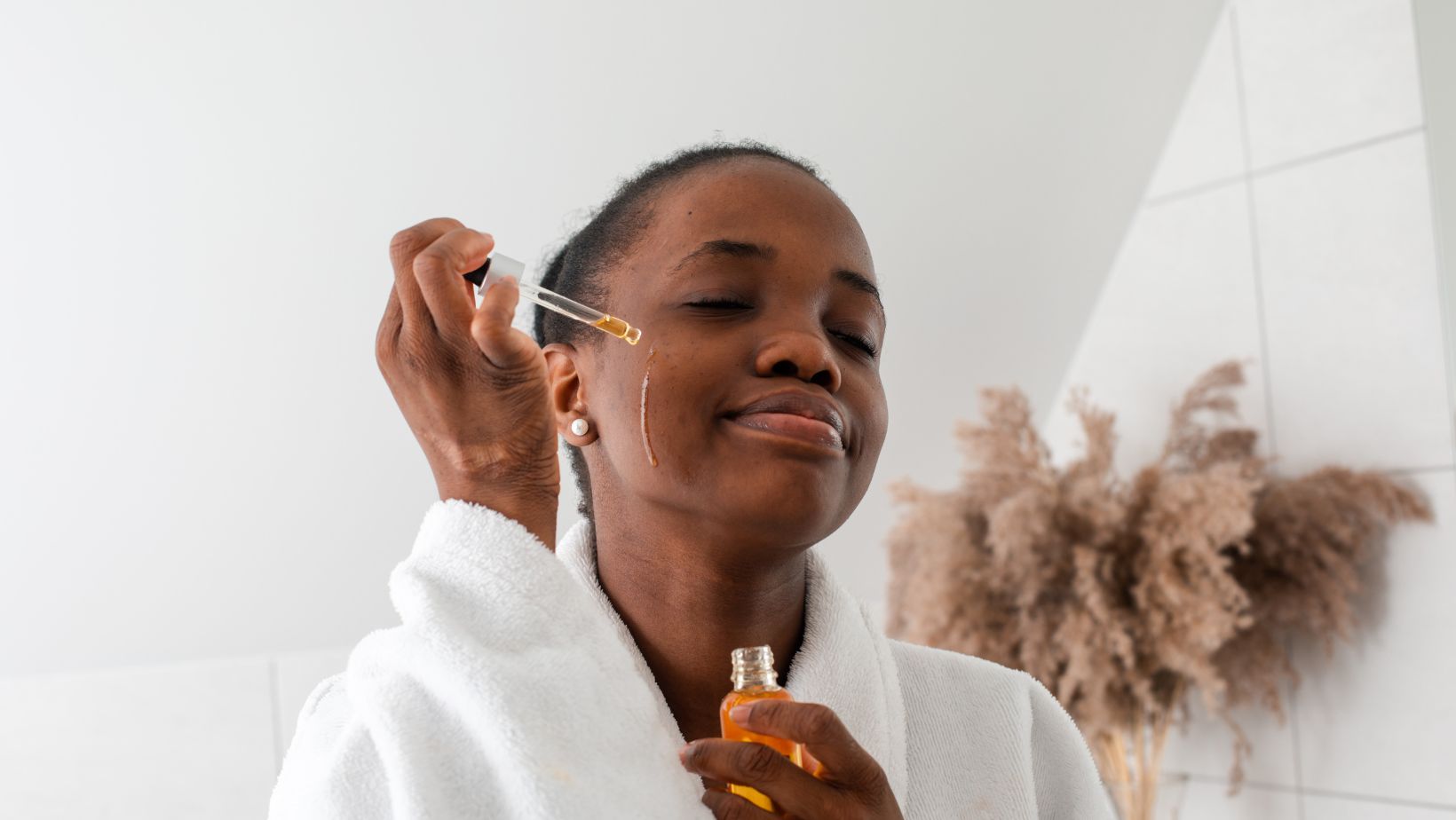In the realm of skincare, few ingredients spark as much debate as mineral oil. Often misunderstood, it’s a staple in many products, yet its use is shrouded in controversy. This article will shine a light on this versatile ingredient, dispelling myths and highlighting its benefits.
From high-end serums to drugstore moisturizers, mineral oil is everywhere. But what exactly is it, and is it safe for your skin? We’ll delve into the science behind this common ingredient, providing a balanced perspective on its role in skincare.
Mineral Oil in Skincare
Mineral oil’s transition from a simple industrial agent to a prevalent skincare ingredient gets dissected in this section. Its intricacies, usage, and identity unfold as we delve deeper.
What is Mineral Oil?
Mineral oil, a transparent liquid derived from the distillation of petroleum, remains a common name in the skincare industry. Known for its emollient properties, it’s identifiable by its lack of color, odor, and taste, rendering it the ideal addition to skincare products. This by-product of refining crude oil into gasoline also boasts of being lightweight, yet highly effective in moisturizing and protecting the skin.

Common Uses of Mineral Oil
The versatility of mineral oil extends its usage beyond skincare. In the realm of cosmetics, it features in the composition of lip balms, foundations, and other makeup items. Beyond this, it finds application in baby oil, a product well-loved for its skin-soothing properties. In health and wellness, it’s applied as a laxative, facilitating easier excretion for constipation sufferers.
Mineral Oil in Skincare: An Overview
Mineral oil, known for its versatility in an array of products, plays a unique role in skincare. With misconceptions abound, it’s imperative to explore its application.
The Role of Mineral Oil in Skincare Products
Mineral oil finds its signature use in skincare due to its emollient properties. Acting as a potent moisturizer, it helps keep the skin hydrated by locking in natural moisture. When applied topically, it forms a barrier on the skin surface, reducing water loss through evaporation.
Additionally, due to its inert nature, mineral oil doesn’t react with other ingredients in skincare products. Because of this, it acts as an excellent carrier oil, helping other beneficial ingredients to penetrate the skin.
Furthermore, it’s hypoallergenic, with studies confirming its low rate of sensitivities or skin reactions. Hence, mineral oil suits a variety of skin types, including sensitive skin.
Lastly, mineral oil cleanses skin effectively. In makeup removers, it assists in breaking down stubborn, hard-to-remove makeup, providing a gentle yet efficient cleansing action.

The Benefits of Mineral Oil in Skincare
Following an exploration of the role mineral oil plays in skincare products, it’s crucial to shed light on its benefits. Let’s delve into the characteristics that make mineral oil a vital component in numerous skincare solutions.
Moisturizing Properties of Mineral Oil
Emerging as a quintessential skincare component, mineral oil abounds with moisturizing properties. It holds a natural affinity for the skin’s topmost layer, the stratum corneum. Binding with the skin cells, it eliminates dryness, creating a soft and supple appearance. Contrary to common concerns, despite its moisturizing qualities, mineral oil offers substantial benefits without restricting skin’s capacity to breathe or function normally. As an example, skincare products such as Vaseline, renowned for its hydrating prowess, owe their effectiveness to the presence of mineral oil.

Mineral Oil as a Protective Barrier
Apart from hydration, one of the lesser-known but equally stellar benefits of mineral oil lies in its capacity to form a protective barrier on the skin. This trait proves instrumental in curbing trans-epidermal water loss (TEWL), a critical problem for individuals with dry or mature skin. Cementing itself over the skin’s surface, it traps moisture, ensuring hydration prevails for an extended period. This feature becomes distinctly beneficial during arid weather conditions or for individuals exposed to harsh environments, illustrating its use in products like Aquaphor healing ointment. Moreover, its natural barrier formation additionally offers a shield against environmental pollutants, safeguarding skin health from another angle.

